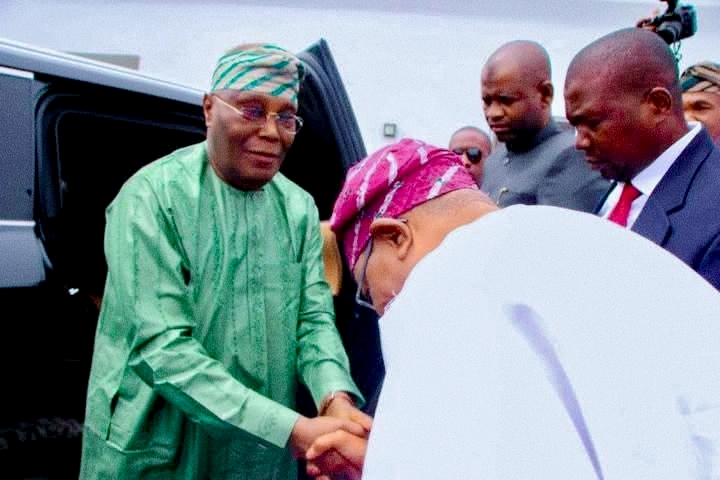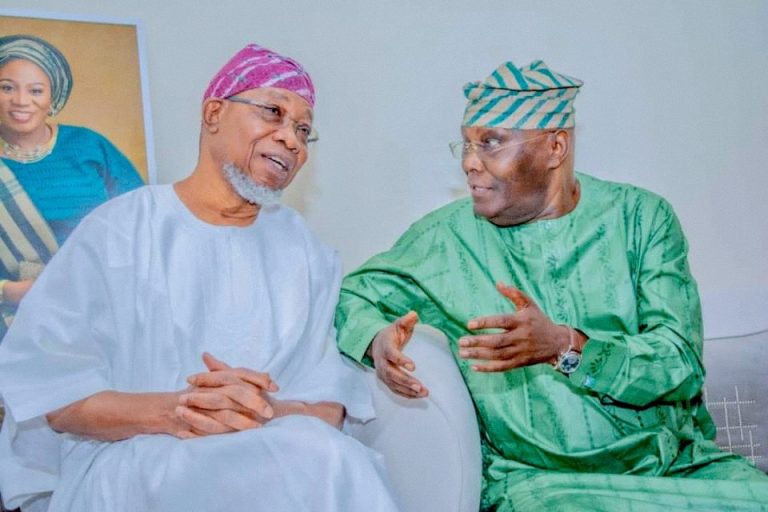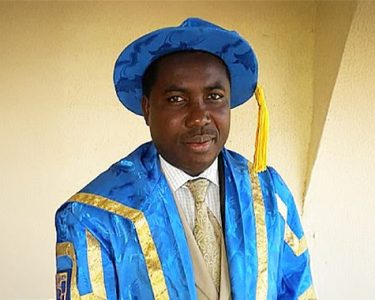
Critics have been quick to dismiss Ogbeni Rauf Aregbesola’s recent engagement with former Vice President Atiku Abubakar as a betrayal of progressive values. But such reactions are shortsighted, driven more by sentiment than strategy, and blind to the reality of Nigeria’s ever-evolving political landscape.
Politics is not a straight line it is a complex, dynamic arena where interests shift, alliances realign, and leaders adapt to the moment. What Aregbesola demonstrated on May 23 in Ilesa was not cowardice or desperation, but political maturity. He understands that clinging blindly to loyalty in the face of betrayal and stagnation is not principle it is political suicide.
Let’s be honest: Aregbesola has been marginalized by the very party he helped build. His vision and contributions to the APC are undeniable from energizing the base in the South-West to pioneering bold governance in Osun. Yet, in the last few years, he has been deliberately sidelined by the Tinubu-led establishment, treated as an outcast for daring to speak truth to power. If the APC no longer accommodates dissenting voices, why is it a sin for Aregbesola to explore new political terrain?
The outcry over his meeting with Atiku conveniently ignores the fact that politics is about people, possibilities, and power not permanent enemies. Atiku has evolved politically as well. To hold on to 2003 grievances in 2025 is to trap ourselves in a cycle of bitterness. If former foes can find common ground for a better political future, that is not a betrayal it is statesmanship.
Aregbesola has not hidden his next move. His statement about joining a new political party is a signal of his intent to re-engage the electorate, rebuild a loyal base, and redefine what progressive politics should look like in this new dispensation. The political class should applaud his willingness to break out of suffocating structures rather than mock it.
Those who cite Chief Bola Ige’s decision to serve under Obasanjo seem to forget that Ige, too, was accused of betrayal at the time. History later vindicated him. The same history may yet vindicate Aregbesola if we’re willing to view his actions through the lens of growth rather than grievance.
What he needs now is not vilification, but space to rebuild. Aregbesola has never lacked courage. He is not just playing politics he is making a statement: that principles must evolve, and that no one political empire holds the monopoly on progressivism.




